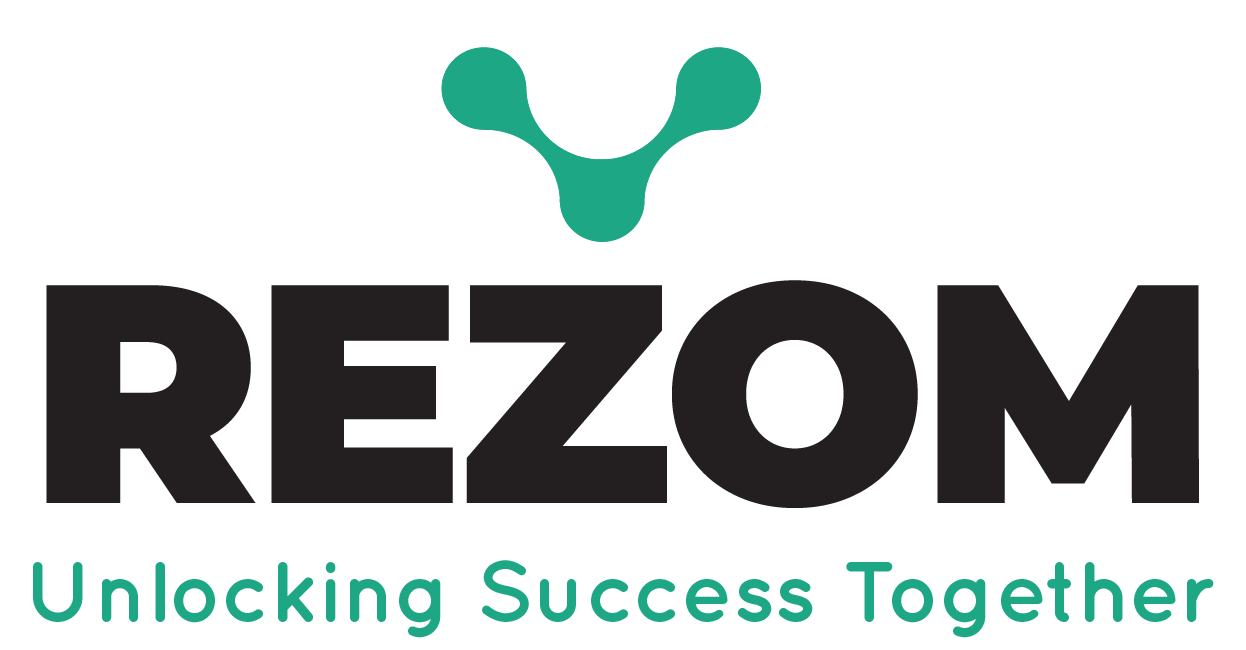At Rezom, our Greenhouse Gas (GHG) assessment services entail thorough evaluations of an organization’s carbon emissions and environmental footprint.
Through our customized software – DCARB360, we offer our clients an end-to-end solution to identify, assess, and optimize their emissions.
DATA COLLECTION
We conduct comprehensive data collection on the organization’s activities, operations, and
energy usage to accurately quantify greenhouse gas emissions. This involves gathering
information on energy consumption, transportation, waste generation, and other relevant
emission sources.
EMISSIONS CALCULATION
Utilizing industry-standard methodologies and emission factors, we calculate the organization’s
greenhouse gas emissions across all pertinent scopes, including direct emissions (Scope 1),
indirect emissions from purchased energy (Scope 2), and other indirect emissions (Scope 3).
EMISSIONS REPORTING
We identify areas for enhancing energy efficiency across an organization’s operations, facilities,
and processes to reduce energy consumption and costs. This may involve deploying
energy-efficient technologies, optimizing equipment and systems, and promoting energy
conservation practices among staff.
BENCHMARKING AND COMPARISON
We compare the organization’s emissions performance against industry benchmarks, best
practices, and peer organizations to pinpoint areas for improvement and establish meaningful
reduction targets.
MITIGATION STRATEGIES
Drawing from the GHG assessment findings, we devise customized mitigation strategies and
recommendations to aid the organization in lowering its carbon footprint. This may encompass
implementing energy efficiency measures, transitioning to renewable energy sources, optimizing
transportation practices, and minimizing waste generation.
